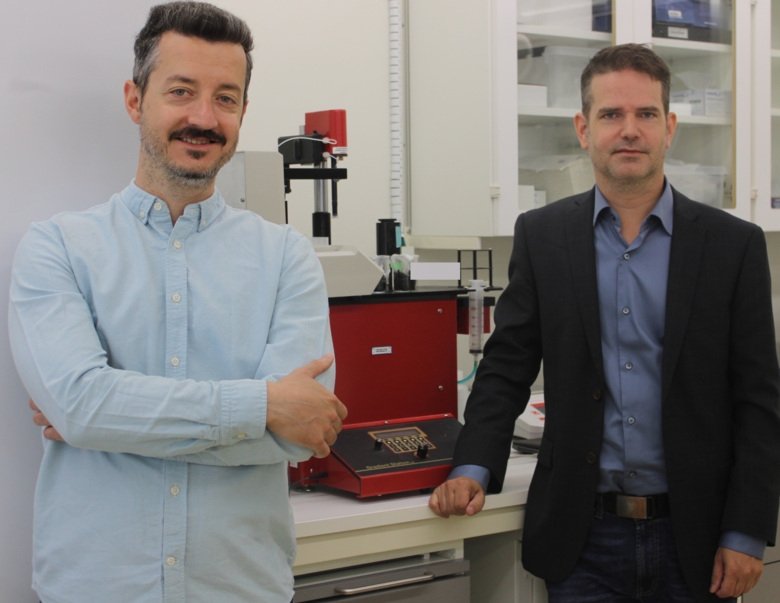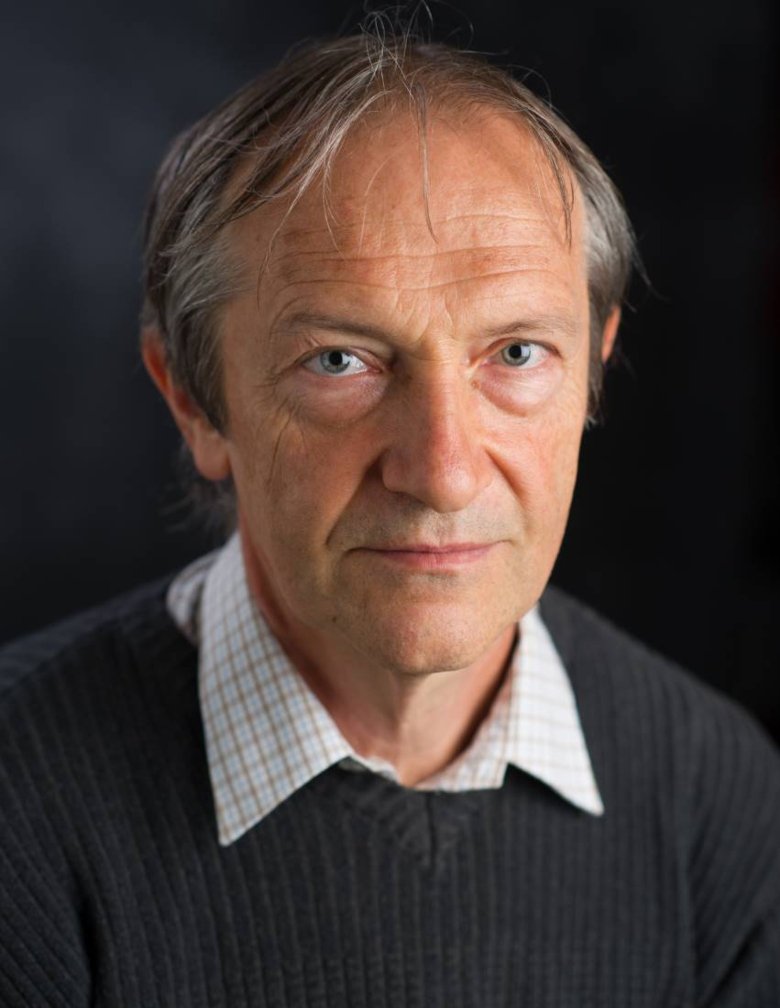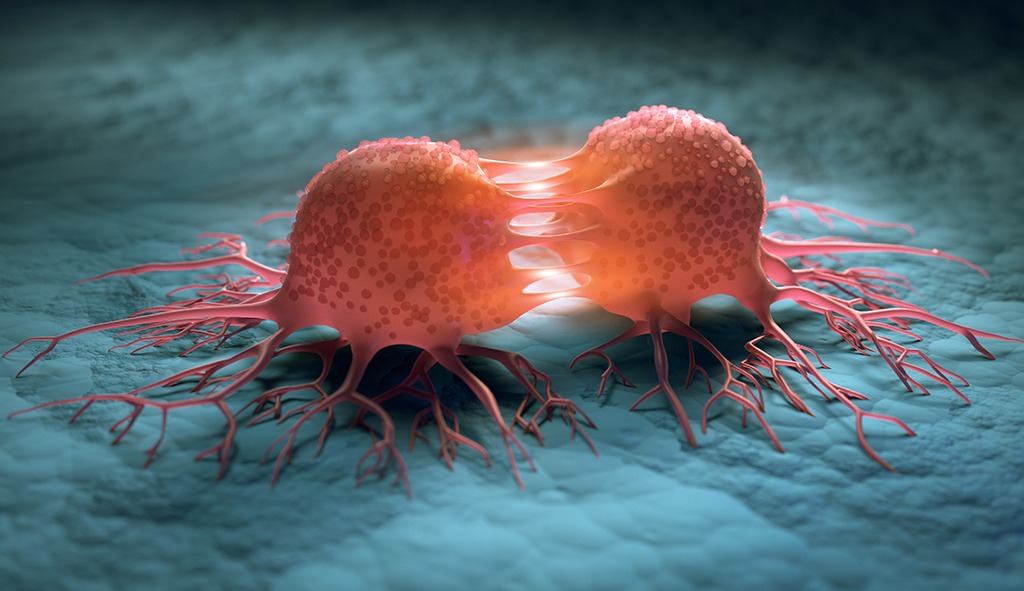Recent findings may lead to new approach in cancer treatments
In a new study, researchers at SciLifeLab and Karolinska Institutet have investigated the protein eIF4A3 and its role in the growth of cancer cells. The study shows that by blocking or reducing the production of this protein, other processes arise that cause the growth and cell division of cancer cells to cease and eventually die.
In the study, published in Science Advances, the research group investigated cultured cancer cells and cancer tissue where the eIF4A3 protein’s expression was high compared to normal tissue.
By adding synthetically produced small molecules that can later be further developed into finished drugs, the production of eIF4A3 can be checked. The researchers then discovered two distinct changes in the cancer cells.
“Firstly, we saw that the blocking of eIF4A3 activated the protein p53, a protein that has an important role to play in fighting cancer cells” says first author Dimitris Kanellis, postdoctoral fellow and part of professor Jiri Bartek’s research group at SciLifeLab/Karolinska Institutet, in a Karolinska Institutet news article.
Proteins counteract each other
One challenge with many types of tumours is that the positive functions of the p53 protein are counteracted by another protein, MDM2.
“Interestingly, we noted that the blocking eIF4A3 also meant that the MDM2 protein changed. This change helps to maintain and strengthen p53 and can be beneficial when we want to inhibit the growth of cancer cells,” continues Dimitris Kanellis.

The main conclusions of the study indicate that depletion or inhibition of eIF4A3 activates p53, alters the manufacturing process of proteins by disrupting ribosome biogenesis, and thereby inhibits the growth of cancer cells.
New opportunities for cancer patients
Knowledge of the importance of the eIF4A3 protein opens up new opportunities for better and more effective treatment of cancer patients.
“The discovery is very relevant as this type of targeted treatment may represent a new possible approach in chemotherapy, for example in colon cancer where cancer cells often have a high level of ribosomes and rapid growth. Another example is a sarcoma, cancer of the body’s support tissues, where we know that sometimes there is an overproduction of MDM2. This increases the chances of more effective treatment” says associate professor Mikael Lindström and professor Jiri Bartek (SciLifeLab/Karolinska Institutet), corresponding authors in the study.

These findings provide an important foundation for further studies. However, since the study has mainly been carried out in cultured cancer cells and clinical tumour material, it remains to be seen how the blocking of eIF4A3 will affect the growth of cancer in vivo.
“There may also be synergies between the chemical compounds that block eIF4A3 and drugs that are already used to treat cancer that we will now research further,” concludes Mikael Lindström.
This text is based on a Karolinska Institutet news article. Read more at Karolinska Institutet or the publication in its entirety.





